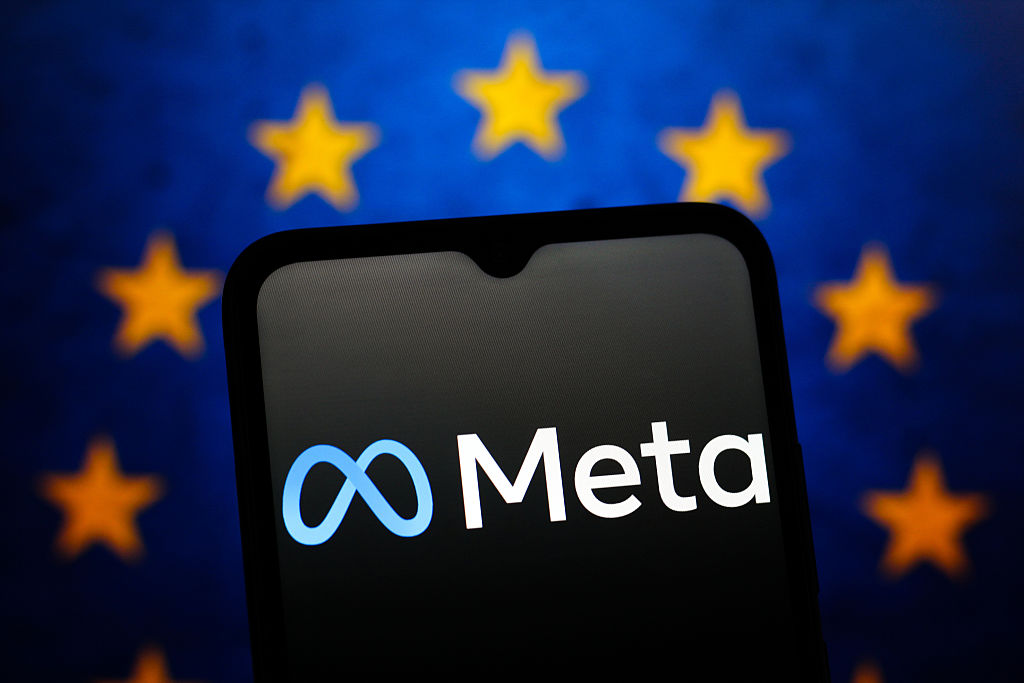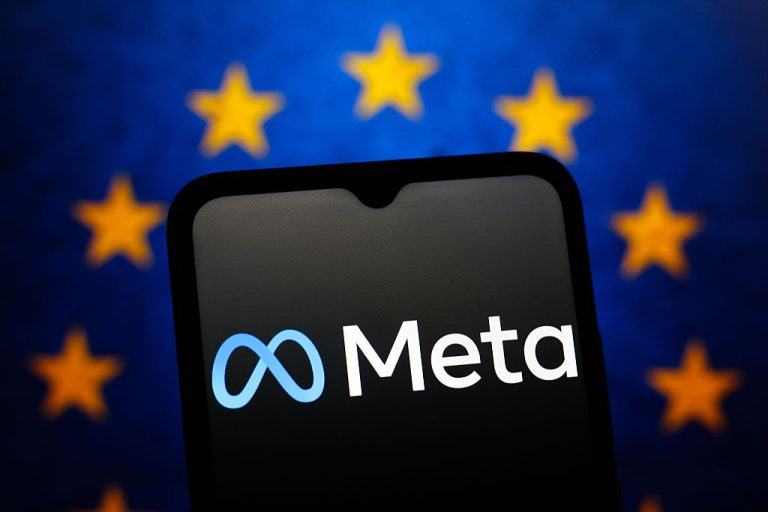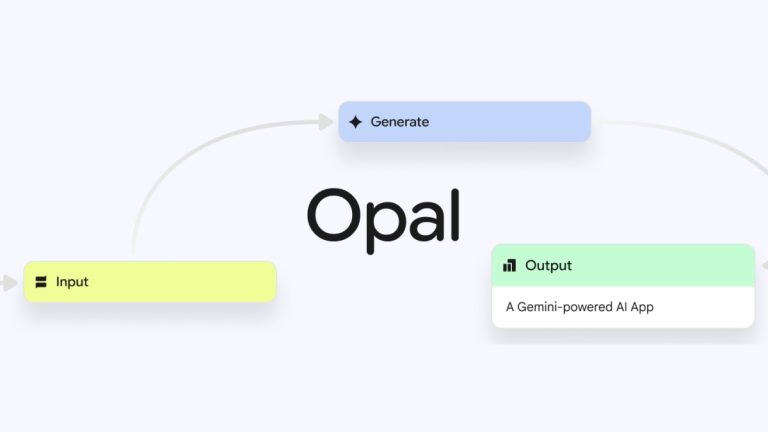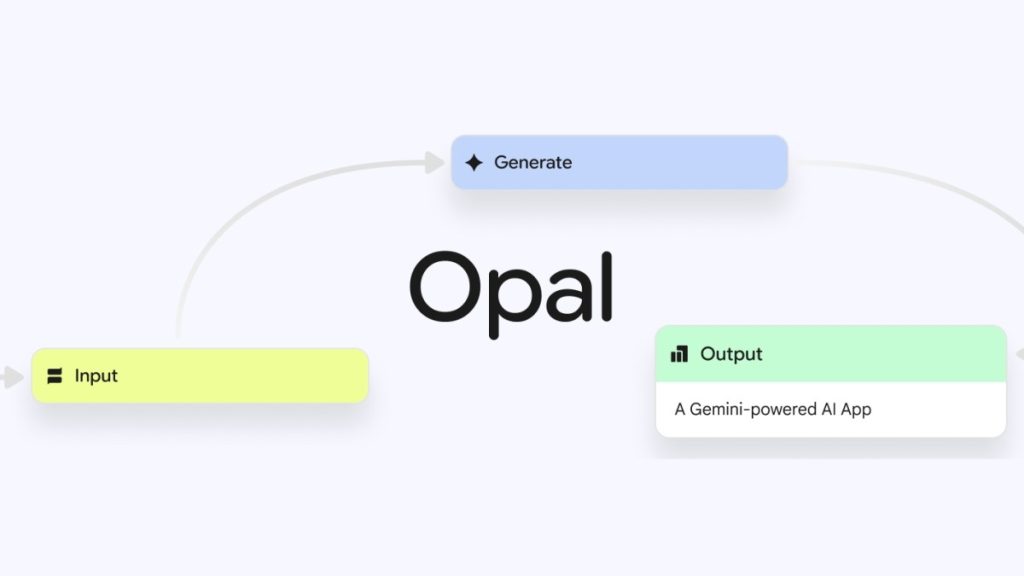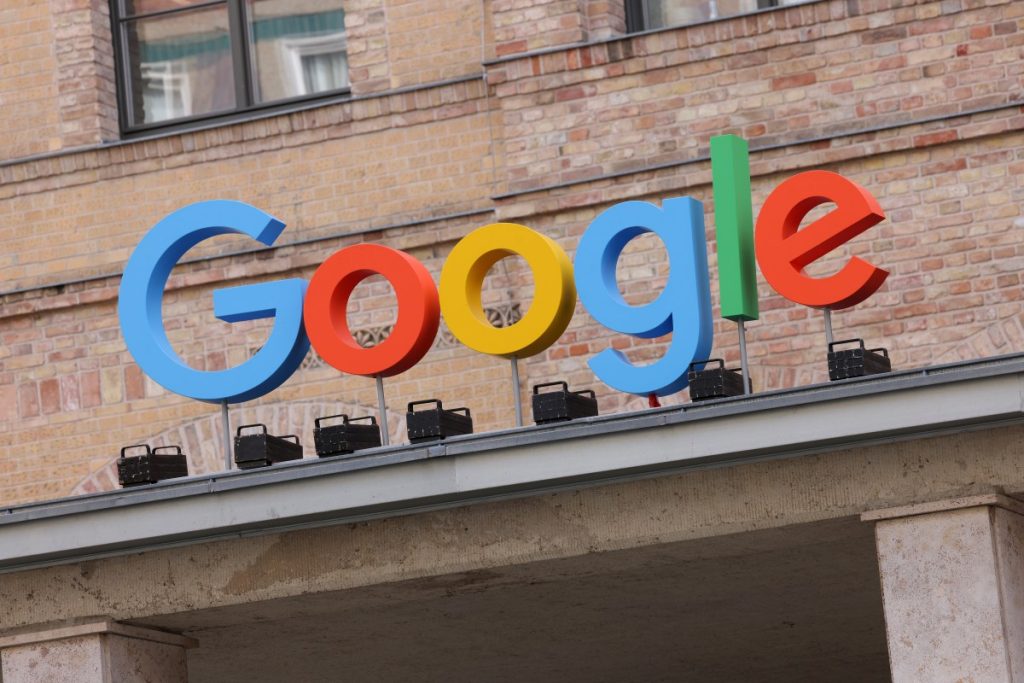Meta announced on Friday that it will discontinue selling and displaying political advertisements across the European Union starting October 2025. The decision comes as a direct response to the EU’s newly adopted Transparency and Targeting of Political Advertising (TTPA) regulations, which impose stricter requirements on digital campaign practices.
In an official statement, Meta described the legislation’s demands as “unworkable,” pointing to the logistical and legal challenges posed by the law. The TTPA mandates that platforms provide detailed disclosures for political ads, including sponsorship details, associated costs, targeted demographics, and the specific elections or referendums they reference. Additionally, it prohibits the use of sensitive personal data—such as racial, ethnic, or political affiliation information—for ad targeting without explicit user consent.
“Regulatory obligations are once again forcing the removal of widely used services from the market, limiting choices for both advertisers and users,” Meta stated, emphasizing the tension between compliance and operational feasibility.
This move follows similar actions by other tech giants. Google recently revealed plans to halt political ad sales in the EU, citing overlapping concerns about the complexity of adhering to the TTPA’s stringent guidelines. Both companies argue that the regulations create uncertainty for advertisers and hinder the delivery of effective, targeted campaigns.
The EU’s crackdown on political advertising is part of a broader effort to regulate Big Tech’s influence. Recent years have seen contentious debates over the AI Act, antitrust enforcement, and data privacy laws like the Digital Markets Act (DMA), which have pressured companies to overhaul their business practices.
As Meta and Google exit the political ad market in Europe, analysts speculate about the long-term impact on digital campaigning. Advocacy groups warn that reduced transparency from major platforms could exacerbate misinformation, while smaller ad providers may struggle to fill the gap left by industry leaders.

